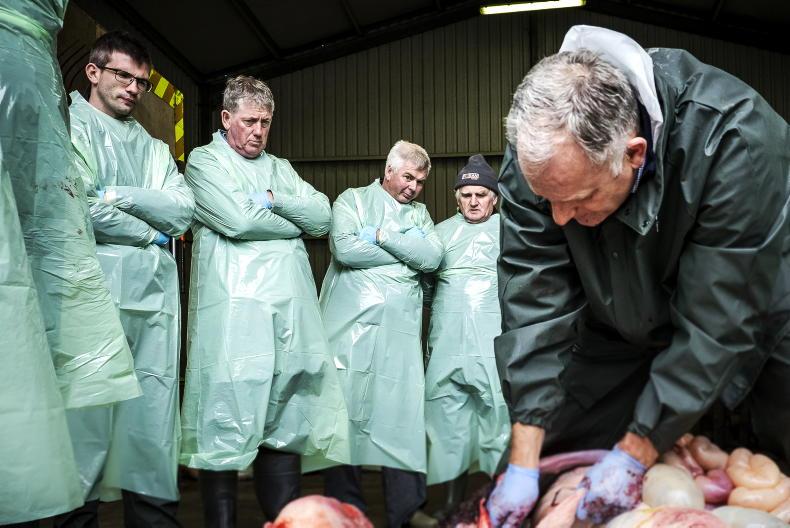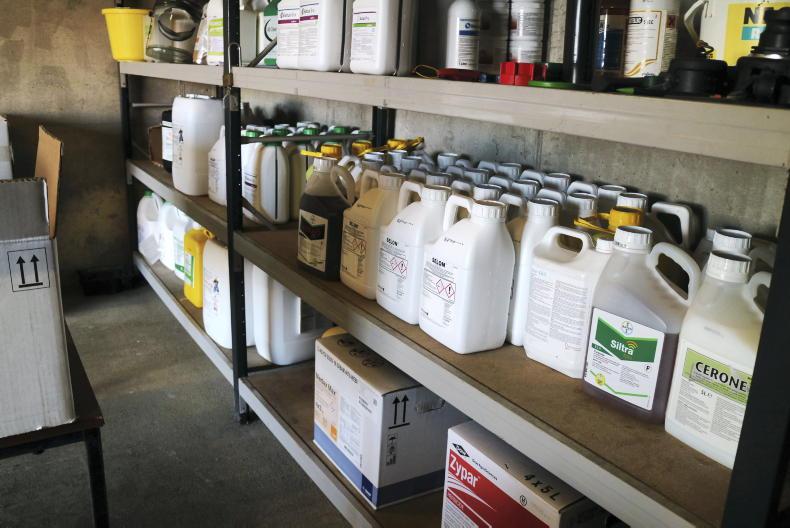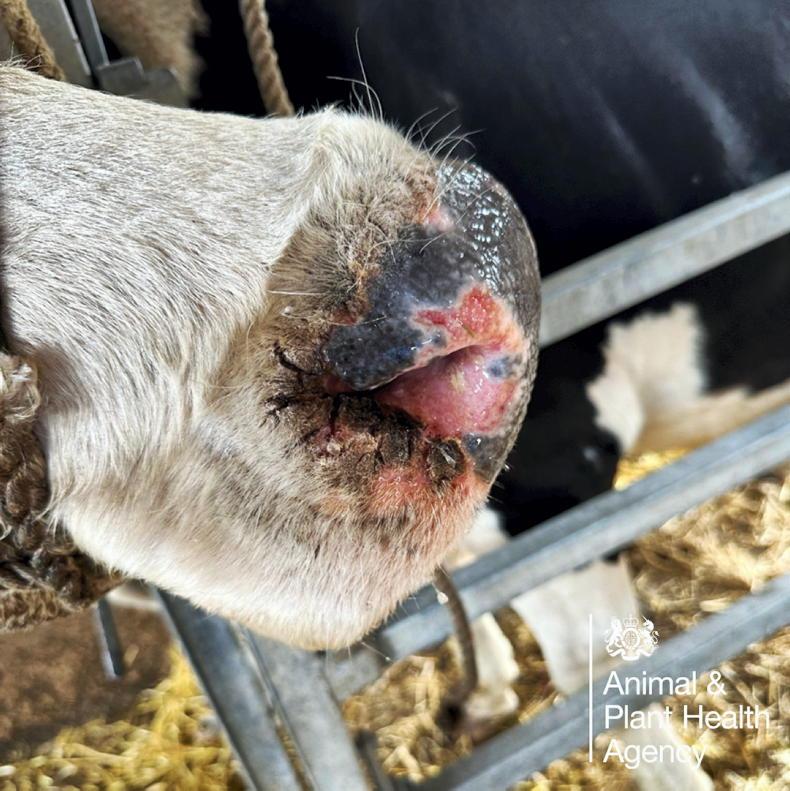Poor work-life balance, poor wages and poor working conditions including long working hours were some of the reasons given by vets as to why they would not choose a veterinary career again if they were back at career choice stage, a survey of the veterinary profession in Ireland has identified.
"The Veterinary Ireland survey provides an extraordinary amount of data on work and life as a veterinary practitioner in Ireland in the 21st century," Finbarr Murphy, chief executive of Veterinary Ireland said.
The survey has highlighted major concerns in relation to working conditions and the sustainability of the sector.
The lack of work-life balance could undermine the sustainability of the profession and the out of hours or 'on-call' services vets provide, particularly in rural parts of the country.
"It is incumbent on all stakeholders to work together to find meaningful ways to address these issues," Murphy said.
Veterinary Ireland announced it will seek central funding from Government to support the provision of out of hours services by the veterinary profession as is available to other professional groups, including specific supports for the provision of veterinary services in rural areas.
"This is necessary to ensure the continuation of the high level of services available to the public while improving the work-life balance of the people working as veterinarians," Murphy said.
Dr Joe Collins, president of Veterinary Ireland, said: "Veterinarians play a central role as guardians and as gatekeepers, particularly in these very challenging times.
"We must ensure their health, livelihoods and wellbeing, for their own sake as people, but also so that they remain resilient in serving the cause of animal health and welfare as well as public health."
New veterinary medicine regulations
Conor Geraghty, the outgoing president of Veterinary Ireland, said that the implementation of the new veterinary medicines regulation will result in human and animal health being the highest priority and that "prescribing is limited to the attending vet that has real and ongoing knowledge of the animals under their care being prescribed for."
"In the current era, where antimicrobials must be prudently prescribed, the time for distance prescribing and cherry picking is over.
"Human health must come before any other considerations," Gerathy said.
Paul Corkery, senior superintendent veterinary inspector with the Department of Agriculture, Food and the Marine, strongly believes that vets should prescribe antimicrobial medicinal products based on their knowledge of antimicrobial resistance.
"If an antimicrobial is administered or used incorrectly, this presents a risk to public or animal health. Therefore, antimicrobial veterinary medicinal products should only be available on veterinary prescription,” Corkery said.










SHARING OPTIONS